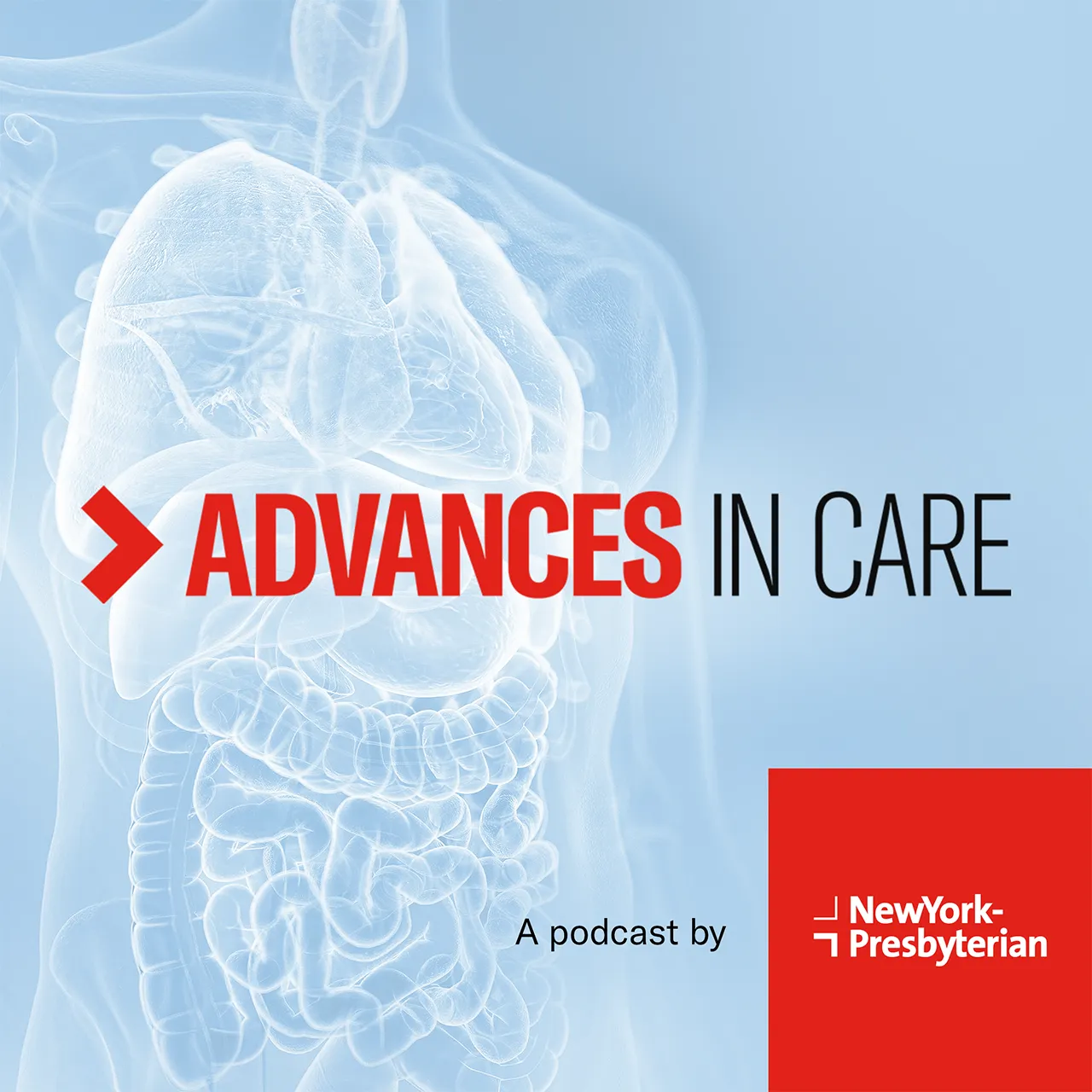Dr. Andrew Chan, Co-Director of Minimally Invasive Scoliosis Surgery at Och Spine at NewYork-Presbyterian, saw the future of spinal surgery eight years ago when he joined a colleague in a minimally invasive lumbar procedure. Since then, Dr. Chan has dedicated himself to performing and teaching minimally invasive spinal surgeries, improving the quality of life of his patients and educating his residents in how to perform these procedures that minimize postoperative pain.
As a doctor trained in both minimally invasive and open approach surgery, Dr. Chan is very familiar with comprehensive spinal care. But there are aspects of minimally invasive surgery that, when possible, position it as preferable for postoperative recovery, namely when it comes to pain. Open surgeries can have patients taking opioids for weeks or even months after their procedure. With minimally invasive spinal surgery, patients may only need opioid pain management for two days postoperatively–or none at all. Motivated by postoperative quality of life, Dr. Chan has fine-tuned several innovative surgical approaches, proving that a surgeon doesn’t necessarily have to perform large muscle dissections in order to correct spinal deformities like scoliosis. His techniques provide surgical opportunities for patients who otherwise would not be spinal surgery candidates due to age or illness. In this episode, Dr. Chan details how he customizes care for his various patients depending on their needs, and shares his hopes for the future of spinal surgery.




